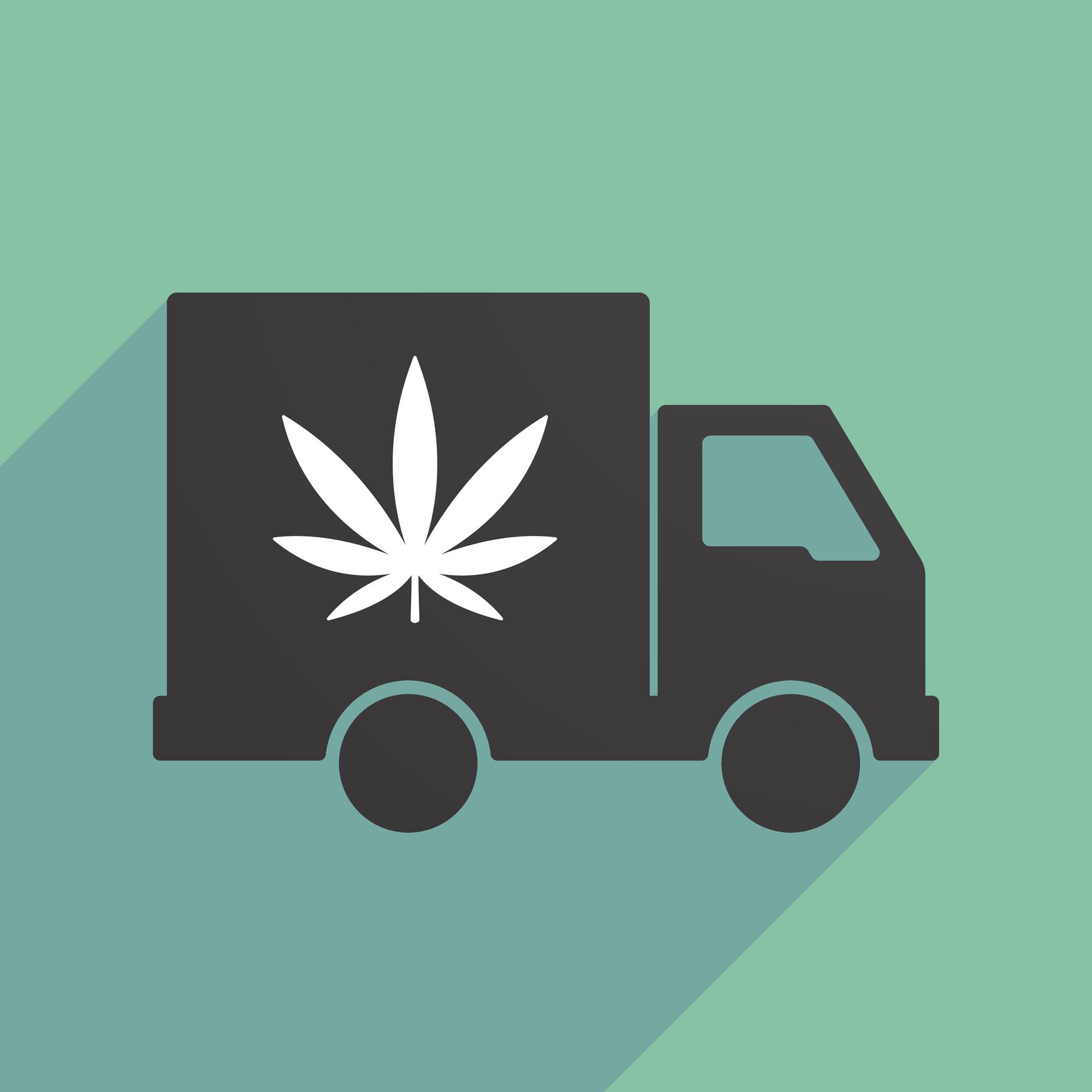Marijuana delivery platform Eaze has been growing steadily since it launched four years ago. First, some numbers: the marijuana start-up has raised over $52 million in financial backing. It works with over 60 brands of cannabis, serves more than 100 cities in California, and has made over 2.2 million deliveries. The company’s goal is to sell $1 billion worth of marijuana a year by 2020.
While there are dozens of cannabis delivery services in California, the Eaze platform enables those involved in the weed business to streamline compliance, inventory, and delivery. Consumers also benefit by connecting to cannabis businesses online. Instead of having to physically go to a store or dispensary, users can download an app or go online and get the product delivered to them.
Eaze prides itself on delivering legal cannabis to entrepreneurs via “friendly, background-checked drivers from local dispensaries.” The goal is transparency among consumers, manufacturers, retailers, and policymakers in order to “foster a sustainable, legal cannabis industry.”
One problem some consumers have is access to a nearby dispensary (many people don’t want dispensaries in their towns). Eaze aims to ease this inconvenience through its delivery platform.
Before California legalized recreational marijuana in early 2018, around 200,000 people signed up to use Eaze. After the legislation was passed, the potential user base expanded exponentially from an estimated 1 million residents with medical marijuana cards to tens of millions of residents and visitors to the state.
Earlier this year, CEO Jim Patterson compared the company to “something between Uber and Amazon”—the world’s largest startup and the world’s biggest online retailer. And he recognizes that Eaze may someday face some competition from the online tech giant—but probably not for quite some time.
“I think there’s no doubt that eventually, Amazon will get into this business. The question is, is that five years, 10 years, or 20 years,” Patterson told Yahoo in July. “I think it will be a bit longer for them … until there’s much more clarity at the federal level.”
Meanwhile, Patterson thinks the stiffest competition is still the black market. “In California, still the illicit market is bigger than the legal market,” he noted. “Over time that will come down, but we’re just really focused on making sure that we’re going to be the one that’s the most compliant because we feel that building … a long-term, sustainable business, it’s really all about how do you do it in a compliant way.”
Still, Eaze has to deal with town ordinances in order to deliver its products to those who are over age 21. The Santa Clarita City Council, for example, has an ordinance banning the delivery of cannabis or related products within city limits. Eaze executives have challenged the Santa Clarita cannabis ordinance, claiming it “does not, nor can it, prohibit delivery on public roads within its boundaries.”
Nine U.S. states and the District of Columbia have legalized recreational marijuana use, while 30 allow for medical use. Marijuana will be legal nationwide in Canada next month.
“It is our hope as of October 17 there will be a smooth operation of retail cannabis outlets operated by the provinces with an online mail delivery system operated by the provinces that will ensure that this happens in an orderly fashion,” Prime Minister Justin Trudeau said earlier this summer.


